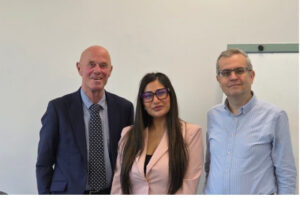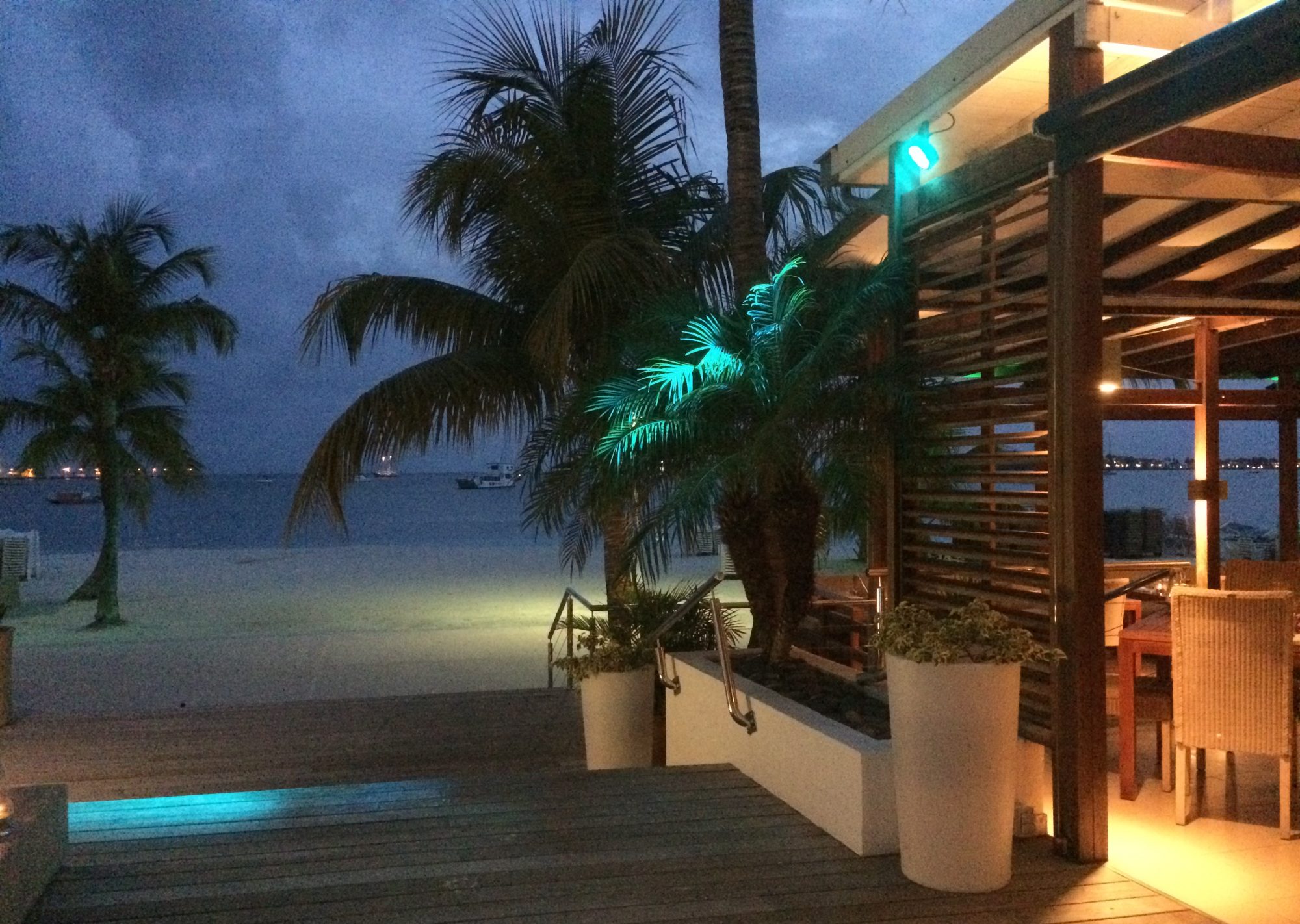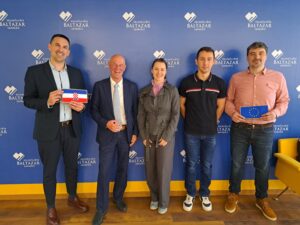In post #80 I mentioned the interesting research that Eltjo Bazen was working on in the framework of his master program Quality Management at SUAS. The title was: Additions to the European Standards and Guidelines (ESG) and their Underlying Visions of Quality
Eltjo has chosen an interesting topic for his master’s thesis. He wondered what motivates Quality Assurance Agencies (QAA) that have to apply these guidelines to make additional additions to the existing list. This led to the rich research question: What vision(s) of quality appear(s) from the additions to the ESG, made by QAAs in their European Quality Assurance (EQA) activities of higher education, how widely is/are this/these vision(s) spread and how well do they fit to the ESG and its underlying vision of quality?
As a theoretical foundation, he first provided a definition of the most important terms used, such as quality, quality assurance, and describes the theoretical Concept of the Four Quality Paradigms (CFQP) by Van Kemenade & Hardjono, which he uses for his analysis.In his research design, he begins by asking himself, in line with Steven Spear, what his assumptions are. Then a literature review is conducted, which shows that this topic has not been researched. Subsequently, he conducted desk research and sent a questionnaire to the QAAs, leading to a list of 38 added criteria. In the next step, these were presented to experts in interviews to examine what pattern of values lies behind these additions, using the CFQP.
Perhaps somewhat disappointingly, it appears that no thematic or regional pattern can be discovered. Moreover, it turns out that – just as in the original ESG – the empirical and reference paradigms also dominate in the supplemented guidelines. Nevertheless, Eltjo can conclude that the QAAs that add guidelines, are more focused on the emergence paradigm than the original criteria, such as the guideline to have policies for the third mission of higher education institutions and for the SDGs. This may mean that QAAs are more aware of the ‘wicked’ environment in which higher education institutions find themselves. After the results, an interesting discussion follows, and the author returns to his assumptions. Serious consideration has been given to shortcomings of the research, such as a possible insufficient understanding of the four paradigms among the interviewees. A number of interesting suggestions are made for further research. Finally, the thesis contains a practical list of recommendations for QAAs and for the process of revision of the ESGs that has recently started. The outcomes of the thesis should be included in this.
This is the more the case, since the master thesis of Eltjo was rewarded with a nine (on a ten point scale)! Congratulations with your result, you made me proud of you!








